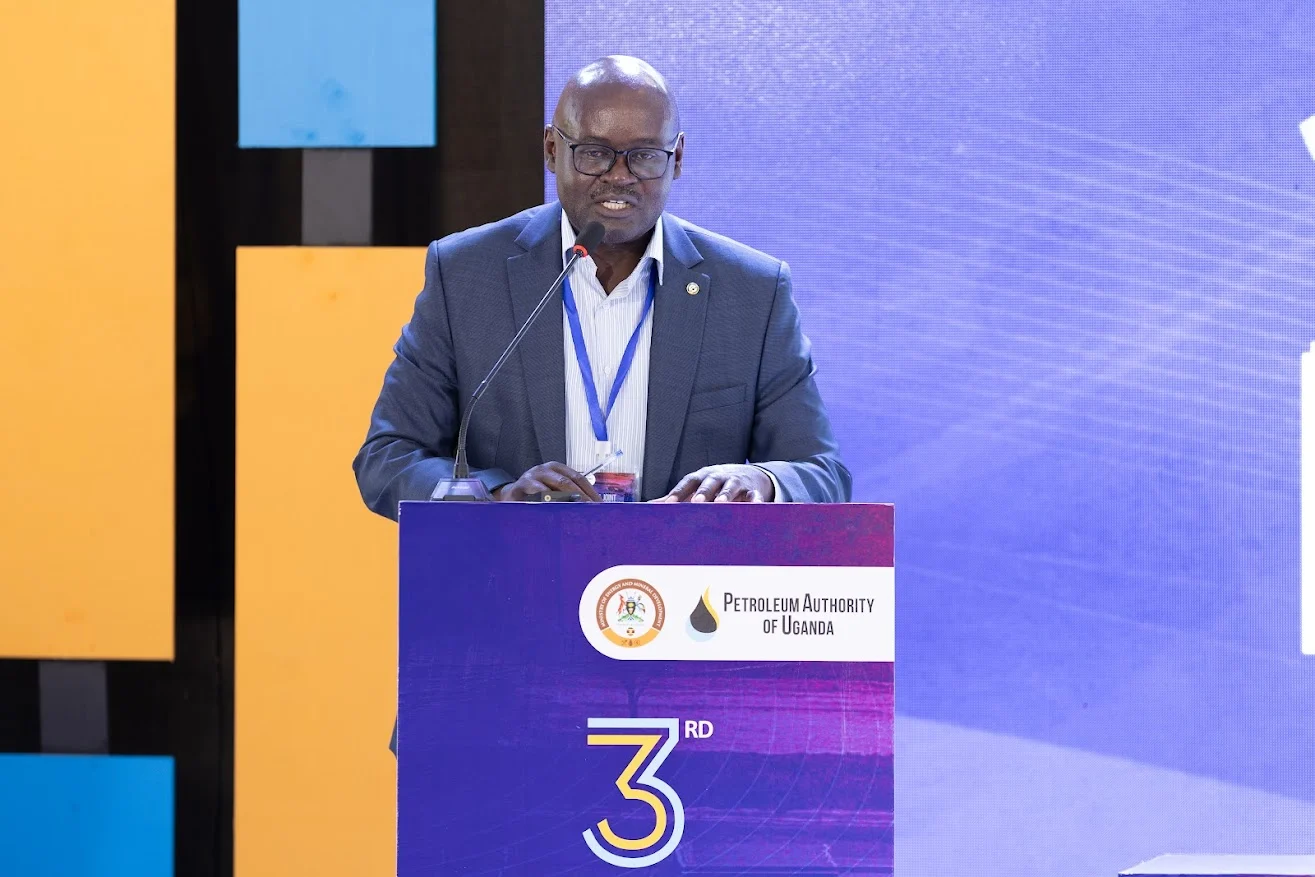Officials Say Embedding Community is at Heart of EACOP Project

Officials have said that as Uganda advances one of its largest infrastructure projects in recent history, the East African Crude Oil Pipeline (EACOP) is not just laying steel, it’s laying down relationships with the communities it runs through.
Often, large-scale projects are measured by kilometres covered or dollars invested.
However, speaking at the second annual Civil Society Organisation (CSO) Conference, EACOP’s Deputy
Managing Director, John Bosco Habumugisha, made a case centred on people, rights, and shared progress.
“We go to every person that we work with,” Habumugisha explained. “Some call them project-affected persons. But if you go to the field, you’ll find they’re actually positively affected persons.”
He said that EACOP’s approach to community engagement starts before construction ever begins.
"In each district, field teams hold routine toolbox talks daily briefings not just on logistics and safety, but on environmental responsibility, community concerns, and human rights awareness."
This is part of a comprehensive strategy to build what Habumugisha called a social licence to operate, ensuring that communities are not just informed, but actively involved.
“Our community engagement is deep and deliberate,” he said. “We don’t move unless we understand each other.”
In communities along the pipeline route, EACOP has made tangible investments in improving daily life.
Over 15 boreholes have been drilled in project-affected districts, providing families with reliable access to safe water. This has eased the burden on women and children, who previously walked long distances to fetch water.
At the same time, the project has launched targeted support for girls’ education distributing reusable sanitary pads to more than 150 families in southern Uganda, with plans to expand north. The initiative aims to keep girls in school and reduce dropout rates linked to menstrual health challenges.
EACOP has also taken deliberate steps to promote gender equity and accountability in its operations. All land compensation agreements now require spousal consent, ensuring both men and women have a voice in household decisions. This gender- sensitive approach reflects a broader commitment to fairness and inclusion.
Additionally, the company has set up community-level grievance mechanisms that are accessible and transparent. These systems allow concerns to be raised and resolved locally, reinforcing EACOP’s pledge to engage communities with respect and responsiveness.
The company says it has also worked closely with national institutions, including the Uganda Human Rights Commission and the Ministry of Gender, Labour and Social Development, to ensure its practices align with national goals and legal frameworks.
Rather than treating these partnerships as regulatory requirements, Habumugisha described them as critical to the project's long-term success.
“We are committed to a sustainable way of developing Uganda’s oil and gas resources,” he said. “That means staying accountable, not just legally, but socially.”
Today, as the project crosses the 58% completion mark, construction continues alongside ongoing social investment. From trenching and welding to water points and school programs, EACOP is presenting a version of infrastructure development that puts people on equal footing with progress.
“We want to ensure that communities feel ownership of this project,” Habumugisha concluded. “Because development that leaves people behind is not development at all.”



0 Comments